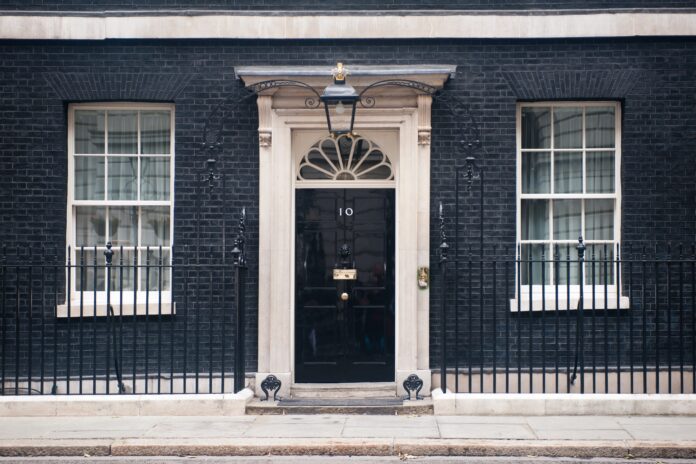In a deglobalising world, governments are increasingly twitchy about foreign companies’ and governments’ involvement in critical national assets
The UK government has decided that the 14.6% stake in Vodafone held by the self-styled global technology company e& is a potential national security risk to the UK. e& had net profits of AED9 billion (€2.255 billion) in 2020. Its headquarters are in Abu Dhabi. The United Arab Emirates government has a 60% stake in the operator, the other 40% is publicly traded.
Under the National Security and Investment Act 2021, the UK Cabinet Office said a national security committee will be set up at Vodafone to oversee and monitor any sensitive work it carries out that could have an impact on national security. According to the government, the move is “necessary and proportionate” to “mitigate the risk to national security”.
Vodafone said in a statement that it was “pleased to have received clearance in our home market for our strategic relationship agreement with e&, and for e& to take a seat on our board”.
Today Vodafone and Three UK have submitted their proposal to merge to the UK’s Competition and Markets Authority. There too national security has been mentioned by some, given that Three UK’s parent, CK Hutchison, is based in Hong Kong (see below).
Other possible areas of concern?
After scrutiny, acting under the National Security and Investment Act 2021, last year the government decided not to take any action about the debt-laden Altice Group’s 18% stake in BT. It is controlled by French billionaire Patrick Drahi. This could change.
His telecoms empire spans Israel, the US, the UK, the Caribbean and Europe. Drahi built it by acquisition when money was cheap. He is now wrestling with $60 billion debt and a corruption scandal in Portugal is not helping his appeal to investors.
According to Reuters last December, a fire sale of assets may not be enough to save him and that Drahi might need to find “a deep-pocketed anchor investor. Middle Eastern companies could fit the bill”.
The statement regarding e& and Vodafone was issued just hours after the UK’s Culture Secretary, Lucy Frazer, insisted on further regulatory investigation into RedBird IMI. Its £600 million bid for the right-wing newspaper, The Daily Telegraph, is backed by an investment group based in Abu Dhabi. A number of Tory MPs have expressed their misgivings about the bid.
The government appears to be sending out mixed signals regarding UEA. The Financial Times reports [subscription needed] that it is seeking to expand a “sovereign investment partnership” with UAE which was set up three years ago. It quotes unnamed sources saying UAE has already exceeded the £10 billion it pledged to invest in sectors including clean energy, tech and infrastructure.
Geopolitics and telecoms
Back in telecoms, the Spanish government recently bought roughly a 10% stake in the Telefonica Group to counterbalance the 10% or thereabout stake bought by stc, which is controlled by the Saudi government.
Telecoms’ global supply chain and equipment market has also been fractured by geopolitical strife. The US, UK, Australia, New Zealand, Denmark, France, Sweden, Estonia, Latvia and Lithuania have imposed bans on or are phasing out equipment from Chinese manufacturers Huawei and ZTE in national telecoms infrastructure, particularly 5G, on national security grounds.
The European Union is urging more to follow their example.



